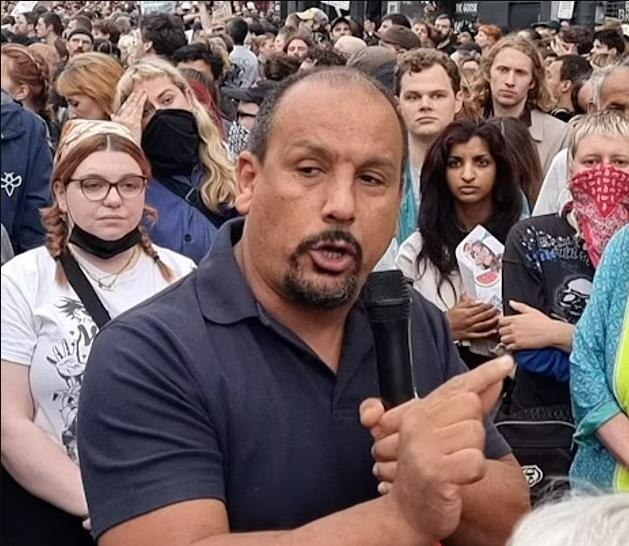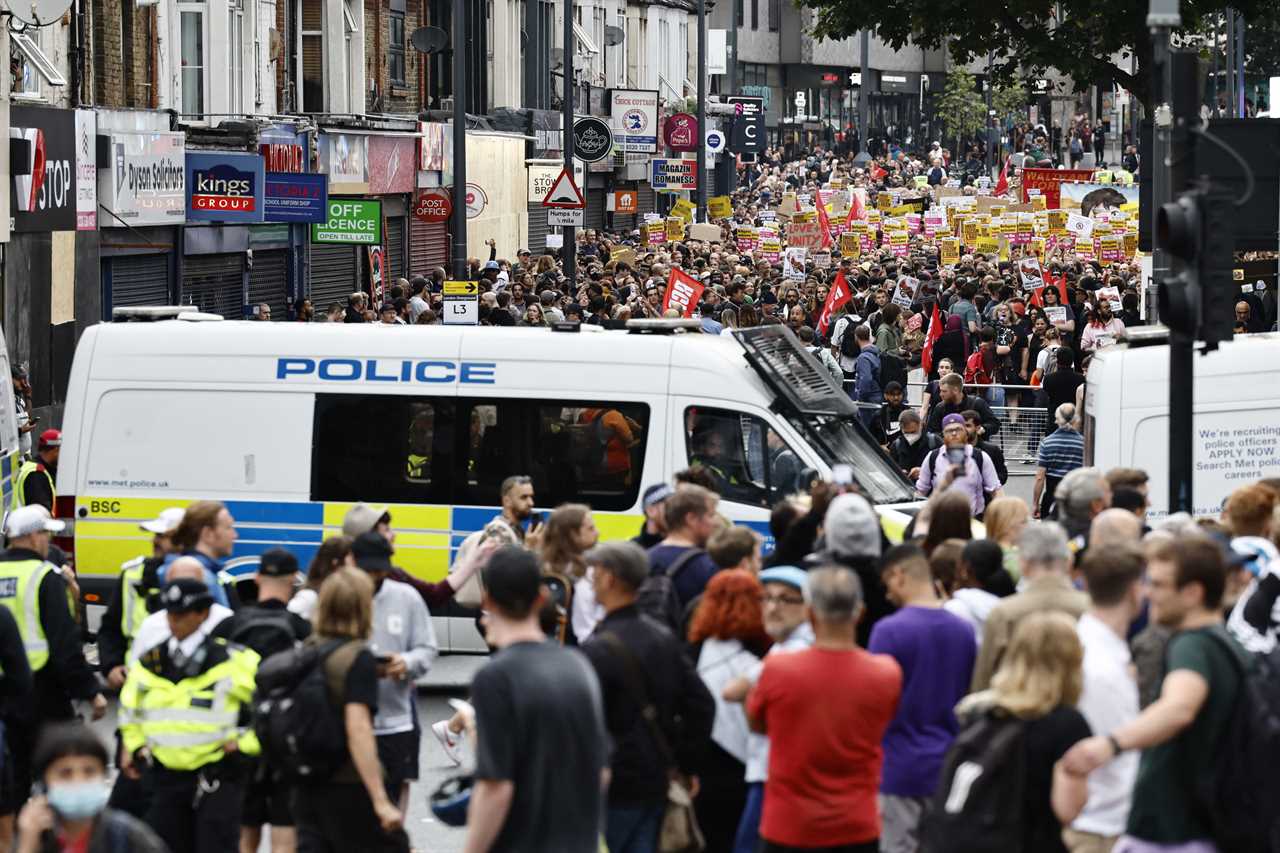
The recent acquittal of a Labour councillor accused of inciting violence against far-right protesters has ignited a fierce debate, with Nigel Farage decrying it as a glaring instance of unequal justice. Ricky Jones, captured on camera making a throat-slitting gesture at an anti-racism protest in Walthamstow, East London, following a tragic event, has been cleared of encouraging disorder after a brief deliberation by the jury.
Analysis: Justice, Political Rhetoric, and Public Response
Farage's condemnation of the verdict as a manifestation of a 'two-tier justice' system underscores the tensions surrounding the case. The inflammatory rhetoric used by Jones, labelling the opposing group as 'disgusting Nazi fascists' and calling for violence, raises profound questions about the boundaries of free speech and the responsibilities of public figures in charged environments.
The wider context: Political Polarisation and Societal Divisions
Against the backdrop of rising political polarisation and societal fissures, Jones' actions and subsequent legal proceedings offer a stark illustration of the complexities inherent in navigating heated political climates. The intersection of grief, anger, and activism underscores the challenges faced by individuals and communities in responding to traumatic events within a charged social context.
Examining Accountability and Political Discourse
The case also prompts reflection on the accountability of public officials in shaping political discourse. Jones' explanation of his gesture as a response to provocative far-right imagery highlights the power dynamics at play in public demonstrations and the potential consequences of using violent language in political discourse.

Former Tory Housing Secretary James Cleverly's critique of the verdict as contributing to public disillusionment with the criminal justice system reflects broader concerns about perceptions of fairness and impartiality in legal proceedings.
Considering Legal, Ethical, and Political Dimensions
The nuances of the case, from Jones' intentions in making the statement to the broader implications for political speech and public safety, underscore the multifaceted nature of such incidents. The convergence of legal, ethical, and political considerations in adjudicating cases involving provocative speech demands a careful examination of the boundaries of free expression in a democratic society.
As the aftermath of the trial reverberates through political circles and public discourse, the complex interplay between justice, political rhetoric, and social responsibility remains a pressing issue that calls for nuanced analysis and reflection.






